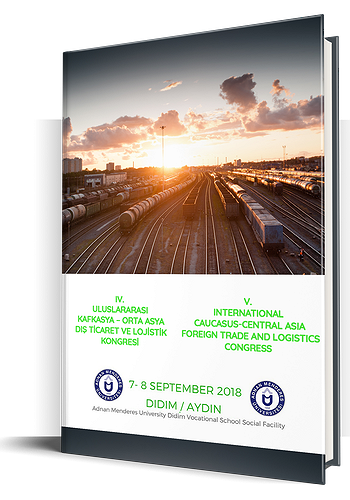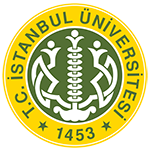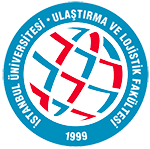
Ulaştırma ve Lojistik Kongreleri
- English
- Tam Metin
- 2018
Globalization and Political Crises: What Is Happening in Brazilian Economy?
Rafael Tauil
Dr., Federal University of São Carlos, São Paulo, Brasil
The position of developing countries in world trade has been rehandled within the new economic and political system that emerged after the Second World War. The organizations such as the IMF, the World Bank and the International Trade Organization, formalised by developed countries, has tried to steer the world policy and the world economy with liberal economic policies and free trade policies. Developing countries have been given specific roles and these countries have been intended to be seen as a means of sustainable economic growth for developed economies. Due to the ineffective IMF programs implemented in these countries which have not fully achieved their economic stability, the gap between developed countries and developing countries has increased in favour of developed countries. Developing countries that are unable to complete their industrialization and have no financial stability have become fragile with the effect of globalization. The Brazilian economy is one of the economies most affected by these global crises. In this study, the solution proposals of the problems of the Brazilian economy in the process of globalization and economic crisis are discussed.
Keywords: Economic Crisis, Globalization, Brazilian Economy

IV. International Caucasus-Central Asia Foreign Trade and Logistics Congress Proceeding Book
E-ISBN: 978-605-68889-0-8
Sayfa: 1282-1287

Bu çalışma, kullanan kişilere orjinal çalışmadan alıntı yaptıkları sürece, çalışmayı dağıtma, değiştirme ve üzerine çalışma hakkı tanıyan Attribution 4.0 International (CC BY 4.0) lisansı ile lisanslanmıştır.
İletişim
İstanbul Üniversitesi Ulaştırma ve Lojistik Fakültesi
İ.Ü. Avcılar Kampüsü 34320 Avcılar/İstanbul
ulk@istanbul.edu.tr
+ 90 (212) 440 00 00 - 19200


